Question And Answer
Publications
Articles, publications, books, tools and multimedia features from the U.S. Institute of Peace provide the latest news, analysis, research findings, practitioner guides and reports, all related to the conflict zones and issues that are at the center of the Institute’s work to prevent and reduce violent conflict.
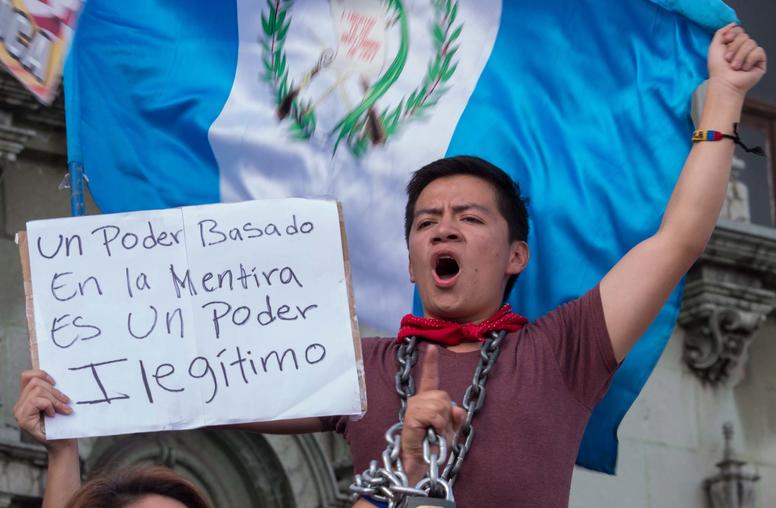
What Guatemala’s Anti-Corruption Movement Can Learn from the Past
Guatemalans have once again risen up by the thousands to demand major changes in how their country is governed. Their demands are intended to usher in reforms that will improve quality of life for citizens reeling from the impacts of two deadly hurricanes, as well as health and economic crises that have only been exacerbated by the COVID-19 pandemic. The demonstrations are reminiscent of the 2015 protests that prompted the resignations of top officials, including the country’s president. However, that movement fell short of broader, structural change. This time around, protesters can draw on lessons learned from the past to achieve long-term reform and target Guatemala’s persistent systems of corruption.
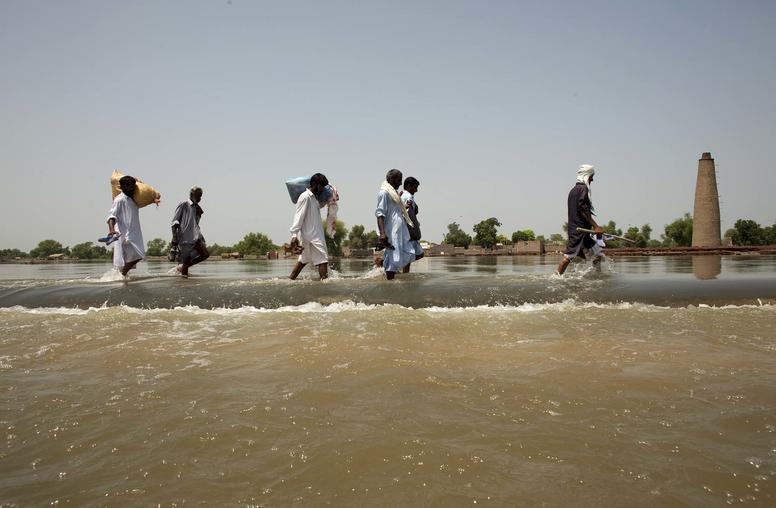
Could Water be a Flashpoint for Conflict in Pakistan?
Water has now become a commodity in many parts of the world. This is a problem in and of itself, as water is essential for every living thing. However, instead of being equally and fairly available to all, water mafias have emerged around the world and put a stranglehold on this essential resource. In Pakistan, this is most starkly seen in urban centers; however, rural areas have also been affected. Urban or rural, the most impoverished sectors of society are the ones most negatively impacted by water’s commoditization. This situation is ripe for conflict, especially in places where poor governance and rule of law are endemic.
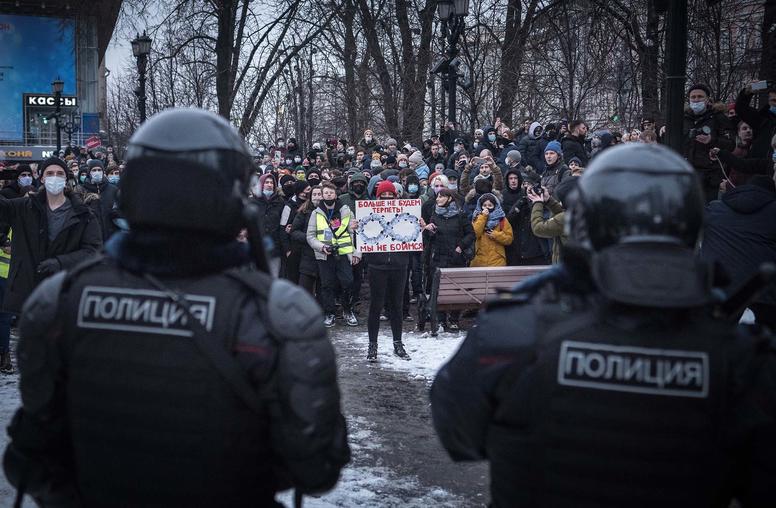
From Navalny to the Economy, Russia Protests Reveal Mass Dissatisfaction
Russia was rocked by demonstrations over the weekend, as thousands braved freezing temperatures to protest the detention of dissident Alexei Navalny. The opposition leader had just returned to Russia after recovering from a poisoning attack, suspected to undertaken by the Kremlin. But Russians’ grievances go well beyond the treatment of Navalny. Corruption, a foundering economy, and dissatisfaction with the ruling elite threaten to propel the protests into a broader movement against President Vladimir Putin’s regime. The Kremlin has alleged that the protests are a Western plot to destabilize Russia. USIP’s Donald Jensen looks at the underlying factors driving the protests, what threat they pose to Putin’s regime, and what, if any, role the United States can play.
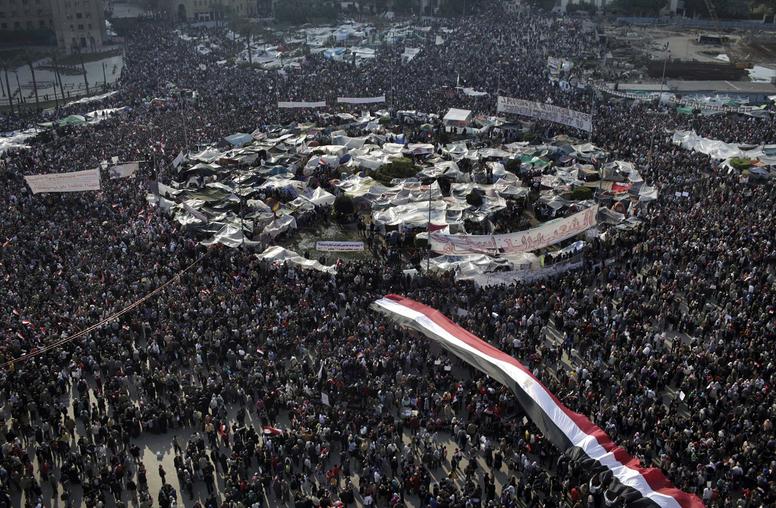
The Arab Uprisings 10 Years Later: In Pursuit of Legitimacy
Ten years ago, a wave of unprecedented unrest ignited the Middle East and North Africa (MENA) region as citizens took a stand against regimes with a long history of authoritarianism and fraying socioeconomic stability. Ever since, there has been an abundance of analysis surrounding the impact of the Arab uprisings on MENA countries. But one critical element of a thorough reflection is missing: Why have the post-2011 governments—transitional and elected—been unsuccessful in fulfilling the expectations of their people?
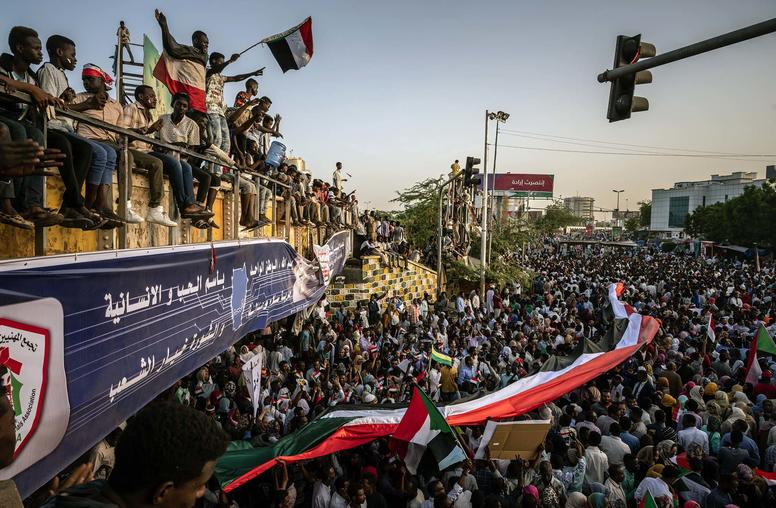
What Does Sudan’s New Cabinet Mean for its Transition?
The announcement on February 8 of a new Cabinet in Khartoum—the product of a peace accord signed by Sudan’s transitional government with several armed groups in October 2020 through a deal brokered by South Sudan—offers hope that the broader inclusion of political leaders can help address Sudan’s pressing challenges and create peace dividends. Unfortunately, the lengthy process of selecting new Cabinet members revealed additional fractures among both signatories to the peace deal and civilian political elements that seemingly offer competing visions for the transition and beyond.
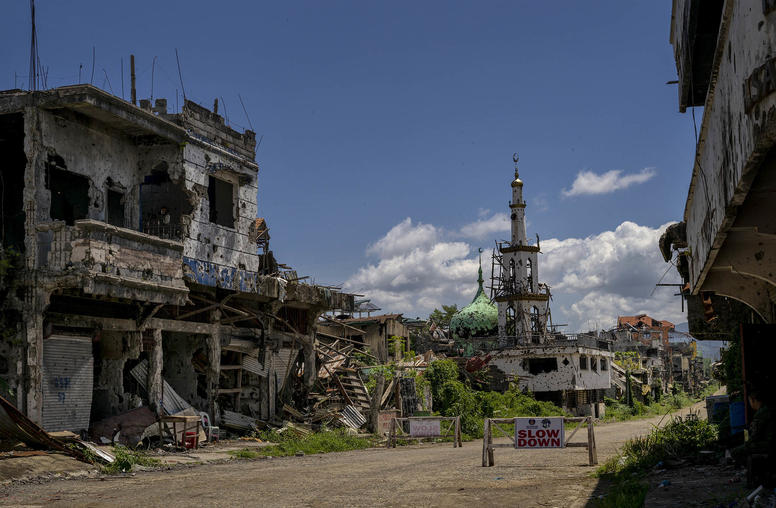
Three-Year Bangsamoro Transition Extension Seen as a Critical Opportunity
Engr. Mohajirin Ali is the director general of the Bangsamoro Planning and Development Authority (BPDA), which coordinates the formulation of the Bangsamoro government’s socioeconomic development policies and plans, and monitors and evaluates those plans. Aliah Adam, who serves as the coordinator for local NGO Singanen O Mindanao and as a consultant for USIP, recently interviewed Ali to discuss the BPDA’s role, the major achievements of the Bangsamoro Transition Authority and the importance of the three-year extension of the transition period of the Bangsamoro Autonomous Region of Muslim Mindanao. The following are edited excerpts from the interview.
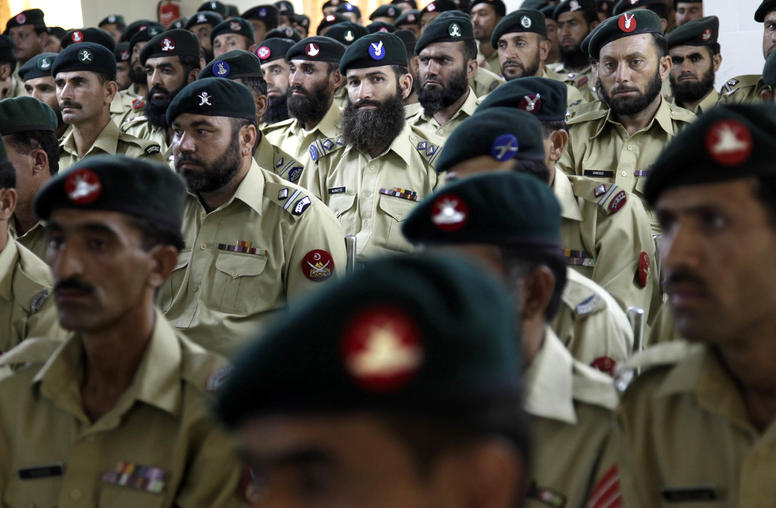
Five Key Issues Facing Pakistan’s New Army Chief
Pakistan just underwent a major military transition. Last week, Prime Minister Shahbaz Sharif appointed General Asim Munir as the new chief of the country’s powerful army, succeeding Qamar Bajwa who held the position for six years. Munir is a former chief of Pakistan’s powerful intelligence service, the Inter-Services Intelligence (ISI), and before that the head of the country’s military intelligence. In nuclear-armed Pakistan with the world’s fifth largest military and a history of military rule, the army chief tends to be the most powerful leader — at times even perceived as the de facto leader due to significant influence over Pakistan’s domestic and foreign policies.
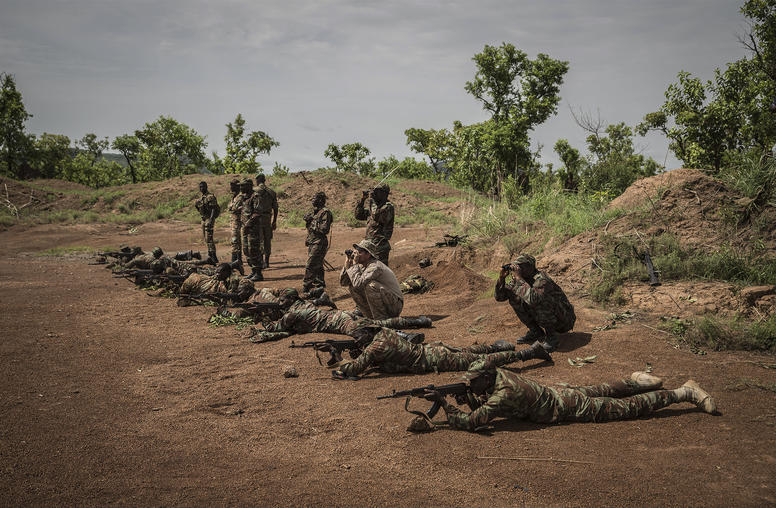
How to Advance Peace and Stability in Coastal West Africa
The U.S. government has identified stability in Coastal West Africa as a foreign policy priority, engaging five countries in particular — Benin, Côte d’Ivoire, Ghana, Guinea, and Togo — through its Strategy to Prevent Conflict and Promote Stability, which was adopted in December 2021. The strategy reflects the U.S. government’s consideration of the five countries as strategic focal points in the fight against transnational terrorism and violent extremism emanating from the neighboring Sahel region.
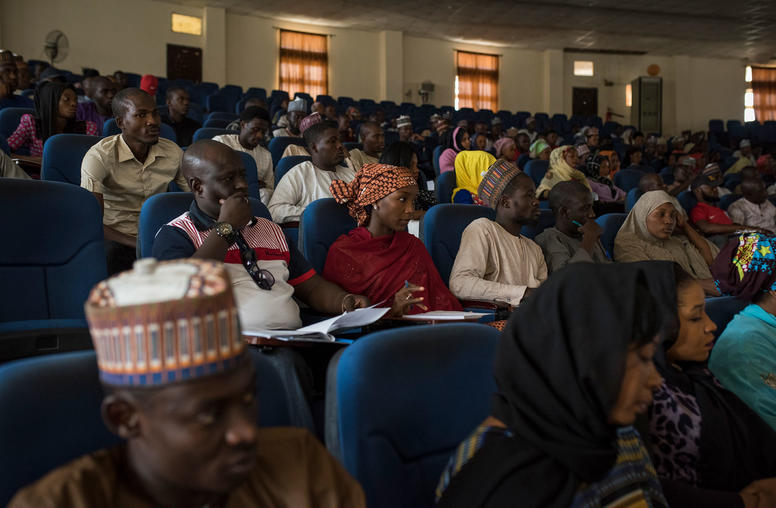
Africans’ Views on the Key Issues: What African and U.S. Leaders Need to Know
Dozens of African leaders will be in Washington next week for the second U.S.-Africa Leaders Summit. Critical issues like economic engagement, climate change, food security and global health will top the agenda as U.S. and African decision makers gather for a host of formal and informal meetings. While such leader-to-leader engagements are vital to addressing these urgent issues, understanding what everyday Africans want from their leaders and their countries’ relations with the United States is vital to meeting today’s and tomorrow’s challenges.
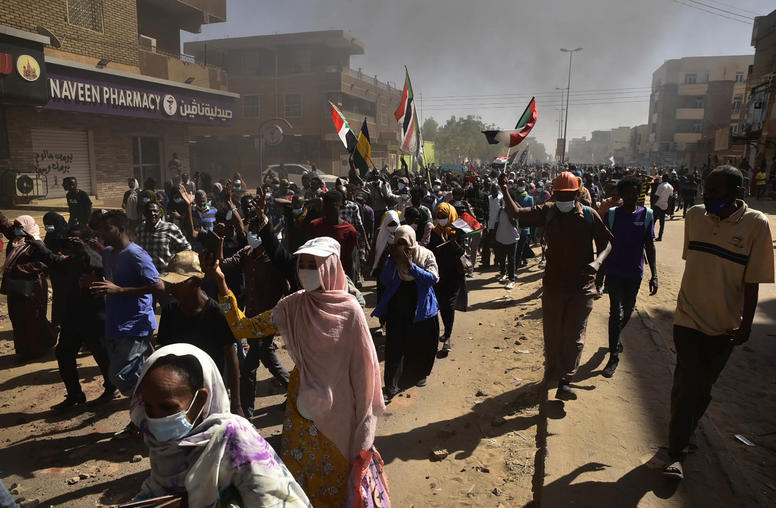
U.S. and African Leaders Need to Focus on Democratization
The U.S. government is gathering this month’s second U.S.-Africa Leaders Summit not least because the swiftly rising challenges of the 21st century are pushing Africa squarely to the center of global and U.S. interests. Managing increased violent conflict, climate degradation and human displacement all depend on a better U.S.-African partnership, one that shares an interest in strengthening the democratic rule of law within and among nations. Democracy has eroded, globally and in Africa, since the first U.S.-Africa summit eight years ago — but this month’s conference can reverse that pattern, say two USIP experts, both former ambassadors in Africa.